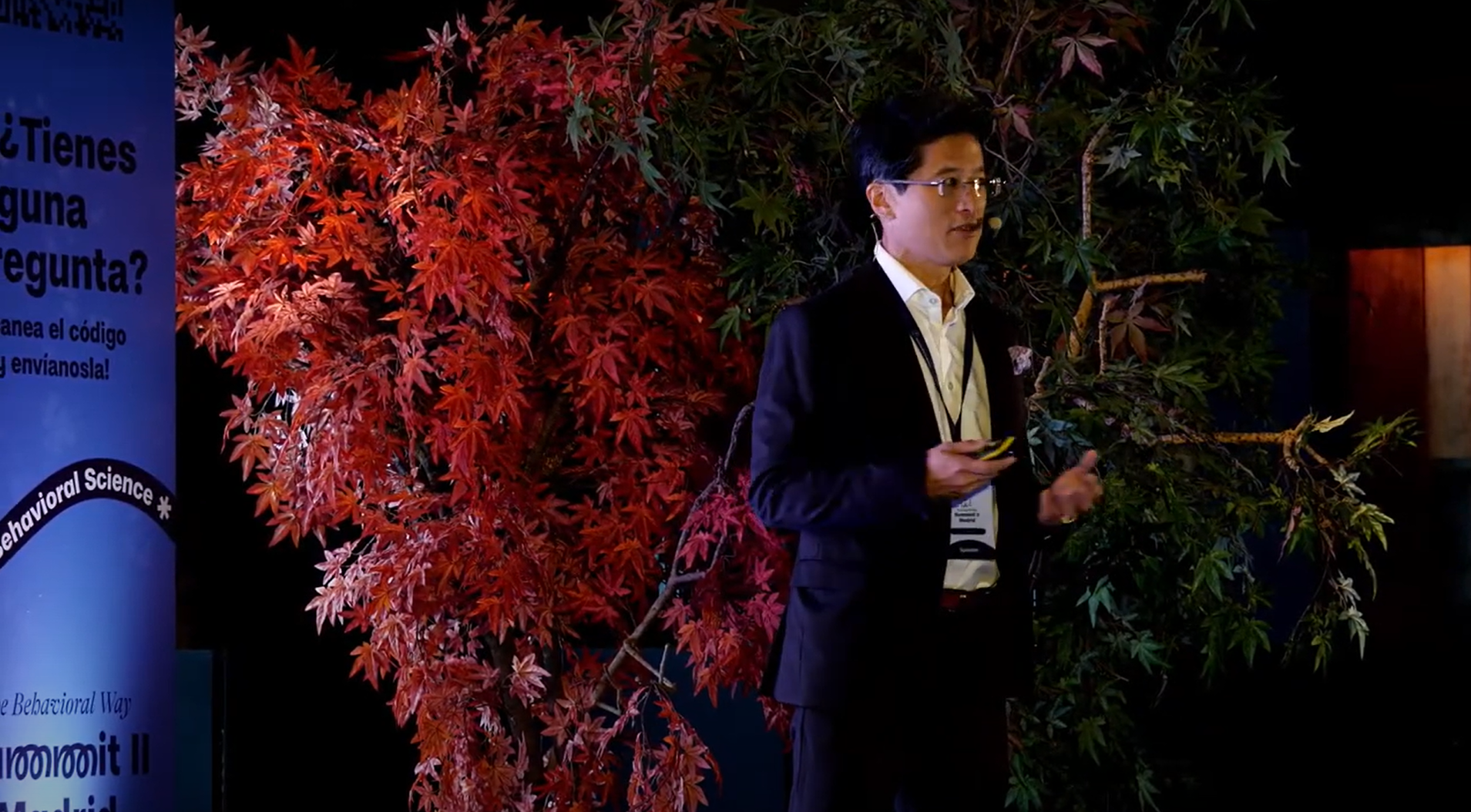On this Father’s Day, I wanted to give a short tribute to my dad, and reflect on his professional influence on me. My father is a great man. He received an education in electrical engineering, served in the U.S. Army, been involved in numerous industrial and technology companies around the world, started a number of entrepreneurial ventures, had two kids with my mom (myself and my brother), been successfully married for more than forty years, supported numerous workers and business partners, and managed to stay energized and reasonably healthy to date.
Although that’s the backdrop, when I was growing up I had very little understanding of what my father did. As a young child, I think I even slightly hurt his feelings when I made a remark to him something to the effect of, “Dad. I understand things now. Mom is mom, right? But you are just a relative, right?”
So much of my early life can be (dramatically) portrayed as being a stuck-up narcissist. I only cared about myself, how I was perceived, and whether I could excel. Yet my father loved me. He helped me to develop some tangible core skills and traits that continue to support me as a professional. These included math, science, analysis, and logic skills. What I didn’t appreciate until many years later was that he also provided me with a tremendous safety net and helped me to build my self-confidence. He was extremely supportive. Decades later, I became more acutely aware of the importance of being supportive and was of clear enough mind to write the post “A Supportive Manager Outweighs All”. Father’s Day lesson #1 for professionals.
As a teenager and undergraduate, my father brought me into various start-up situations to get me beyond engineering and to think about business more. How much I wanted to focus on just engineering. Yet through the new experiences he introduced me to, I developed a better tacit understanding of dynamic organizations and paving new ground. I also learned a lot more about real people, how they behave, and what pressure draws out. So my father helped to guide my professional development in terms of understanding people & organizations, getting street smart, and connecting with people on a
deeper-level. Lesson #2.
As an adult and father, I touch the skin on my face and those of my kids, and I realize that the legacy of my father propagates. I cherish the elements that my kids and I all have from him. And I now more fully recognize the importance of valuing not only the people you know but also those you do not know and the interconnected world. Reflecting on fathers and fatherhood brings mortality, humanity, and the importance of leaving a legacy into greater focus. The influence of my father and fatherhood has taken me to new interests in the past decade or so, some of which include providing probono work (e.g., for nonprofits), seeking meaningful consulting projects that impact current human and societal issues (e.g., healthcare, retirement, organizational development), and teaching in the business school. Father’s Day lesson #3 is refining the understanding of one’s values and doing something about it. I shared a post on “Management Consulting Manifesto” to illustrate my evolved personal values and how they map to my perspectives on management consulting.
Readers, thanks for reading, and please share what lessons you’ve learned from your fathers (e.g., please post links and comments below).
Dad, Happy Father’s Day. I look forward to many more lessons from you. Thank you. I love you. Your son, Stephen.

Thanks for sharing this Steve.
I have many things for which I’m grateful to my father. But it’s the example he’s set and the small words of encouragement at critical moments in my life that have helped get me where I am today.
Often he’s seemed something of an enigma to me. But it’s funny how, the older I get, the closer I get to understanding and even adopting his philosophy.
He’s 76 years old, widowed and living in a modest terraced house in the west of England. He believes in no afterlife, and he’s in his twilight years. For him, after this, there is nothing. There are few material luxuries in his life. Yet he’s never seemed to crave them. In fact, my dad is one of the happiest people I know. So the big question has to be: why?
My dad has always believed in following a personal code of ethics. If he does good things, it’s not because he fears hell and damnation if he doesn’t; it’s because he believes them to be the right thing to do. He believes in self-discipline and industry. He believes in friendship and family, and in enjoying the small things. Give him a beer, a sunset and a small garden to sit in, and he’s happy. And if there’s no sunshine (as occasionally happens here in the UK!), then give him a warm fire instead.
While the rest of the western world is wrapped up in its consumerism and craving for more and more, he has time to smell the roses.
So I guess there’s very little that can be taken away from him. He knows he won’t have his health forever. But for now, he has all he needs. It’s taken me 46 years to work it out, but you know, now I get it. It’s genius.